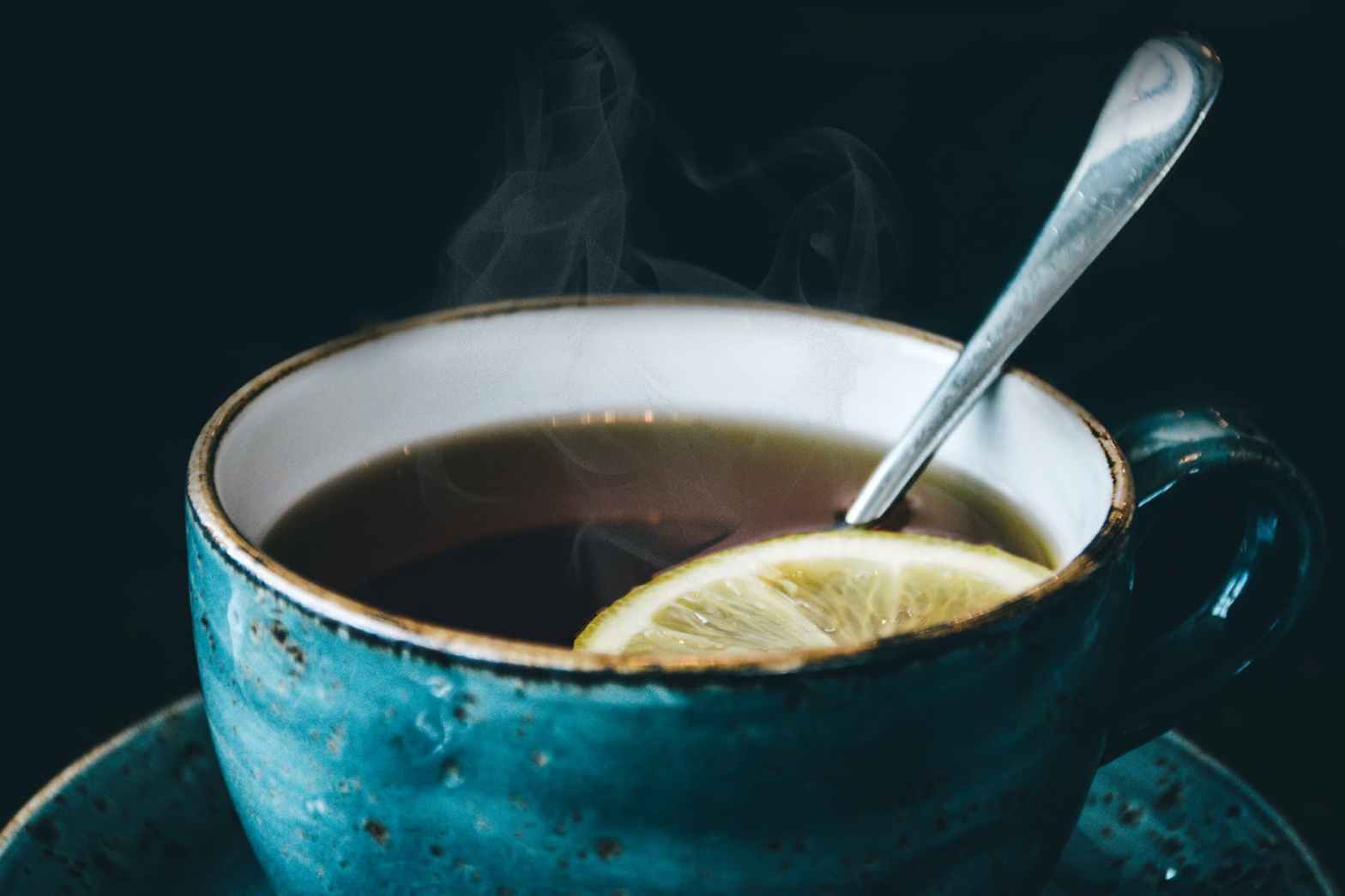Remember, each woman will experience menopause differently. Some will breeze through it with little symptoms, while others will be very uncomfortable. You’re reading this because, like me, you want a natural approach for relief.
Menopause occurs when a woman hasn’t menstruated in 12 consecutive months and can no longer become pregnant naturally. It usually begins between the ages of 45 and 55, but can develop before or after this age range. Menopause can cause uncomfortable symptoms, such as hot flashes and weight gain. For most women, medical treatment isn’t needed for menopause.
Listed below are possible symptoms. Although it may sound like no walk in the park, not every woman will experience all these 34 symptoms of menopause.
1. Hot flushes – One of the most common symptoms of menopause, and normally appear as a rising redness on the chest, neck and face and can make you feel very overheated and sweaty.
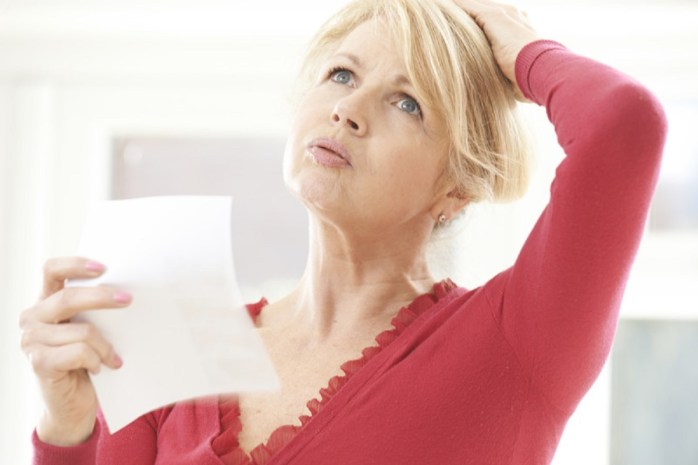
2. Night sweats – Essentially, night sweats are hot flushes that occur at night and can disrupt sleep or can lead you to feeling unpleasant when you wake up.
3. Irregular periods – Because menopause is all to do with the end of your reproductive years, your periods will start to dissipate as your hormone production decreases. These can, therefore, become very erratic; sometimes you may get PMS but with no bleeding, for example.
4. Mood swings -This can feel like a more extreme version of the mood swings you may have experienced during your periods.
5. Vaginal dryness – Your natural lubrication is maintained by your oestrogen levels, so as these begin to drop, you may notice vaginal dryness. This can cause some pain and discomfort, particularly during sex.
6. Decreased libido – While a man’s sex drive is largely controlled by testosterone, a woman’s is primarily controlled by estrogen. As we’ve already established, these levels drastically drop during menopause, which can reduce your sexual appetite.
7. Headaches – These are typically more common for women who experienced them during their periods. But if headaches persist then you may be suffering from migraines and should visit your doctor.
8. Breast soreness – Any time in your life when your hormones drastically change can create the same symptoms; this is typically menstruation, pregnancy and menopause. So while breasts can become sore while on your period or pregnant, it can also happen during menopause.
9. Burning mouth- It’s not quite as common as some of the other symptoms, but decreased levels of saliva during menopause can lead to what’s known as ‘burning mouth syndrome’. This is a hot sensation that affects the tongue, lips, cheeks and roof of the mouth.
10. Joint pain – Not all joint pain may signal arthritis, but the menopause is a common time for women to develop musculoskeletal symptoms.
11. Digestive problems – Your digestive system is one of the most sensitive systems in your body and is often the first thing to get disrupted due to any major changes to your body (new medications, new foods, nervousness). Changes to hormones are another major body change that can lead to stomach upsets such as bloating, indigestion, constipation, diarrhea and cramps.
12. Electric shocks – Because of the erratic changes going on in your body during menopause, you may notice that you experience more electric shocks. It may happen just before a hot flush.
13. Muscle tension – This can often be closely linked to stress and anxiety and presents itself as a feeling of tightness in the muscles, like a strain.
14. Gum problems – Affecting between 10 and 40 percent of menopausal women, gum problems are often accompanied by a metallic taste in the mouth.
15. Tingling extremities – It’s not overly common but a tingling sensation can appear on any part of the body. This is usually in the feet, hands, arms and legs.
16. Itchy skin – Low estrogen levels can also lead to low collagen levels. Collagen is responsible for keeping skin plump, firm and healthy so with less of it, you may notice that skin can become thin, dry and itchy.
17. Fatigue – One of the more common symptoms of menopause, many women will notice a feeling of extreme tiredness.
18. Anxiety – Along with mood swings, menopausal women may notice increased feelings of anxiety. As many as one in three women may experience this during menopause.
19. Disrupted sleep – Because of all the changes going on in your body (as well as the other menopausal symptoms), you may also experience disrupted sleep and insomnia.
20. Hair loss – While most people are aware that a lot of men lose their hair as they get older, not everyone realizes that women can get this too. Menopause can act as an accelerator for hair loss, leaving it looking thinner.
21. Memory lapses – These are usually only temporary but memory lapses can occur during menopause.
22. Difficulty concentrating – The brain doesn’t work as hard during menopause because estrogen is the hormone that pushes it to burn glucose for energy. With lower levels of estrogen, you end up with a lack of focus and concentration.
23. Weight gain – Many women notice weight gain when they start taking the contraceptive pill, caused by a major change in hormones. The major change in hormones during menopause can also cause weight gain but this can usually be combated by healthy eating and exercising.
24. Dizzy spells – Vertigo and feeling dizzy during menopause are thought to be caused by the drop in estrogen production.
25. Bloating – This usually occurs right at the start of your menopause and could even be one of the first symptoms you notice. If you’re still having periods but are constantly feeling bloated then this could be a hint that your menopause is coming.
26. Stress incontinence – A lot of women will already have experience incontinence as a result of childbirth, but this can increase around menopause. However, this could be more related to age than the actual menopausal process.
27. Brittle nails – Lower estrogen levels and dehydration can leave your nails feeling brittle and can make them snap or break more easily.
28. Allergies – While you may never have had a problem with certain things before, you may notice allergies or intolerances during or after menopause. This is because hormones are very closely linked to your immune system.
29. Irregular heartbeat – Lower estrogen levels can overstimulate the nervous system and circulatory system, which can, in turn, lead to heart palpitations or an irregular heartbeat.
30. Body odor – Not only can the menopause make you sweat more, but the change in hormones can also actually change your natural scent.
31. Irritability – Your hormones play a large role in contributing to your emotions and the fluctuation can lead to feelings of sadness or irritability.
32. Depression – In more extreme cases, this change in emotions can lead to depression. Depression is four times more likely to affect women of a menopausal age than a woman below the age of 45.
33. Panic disorder – Menopausal women are actually more susceptible to panic attacks than almost anyone else.
34. Osteoporosis – Bone density can drop by up to 20% after the menopause, which puts you at risk of osteoporosis.
Herbs That May Help
This is my favorite herbal tea blend for menopause relief. Each herb helps with one or more symptoms of menopause.
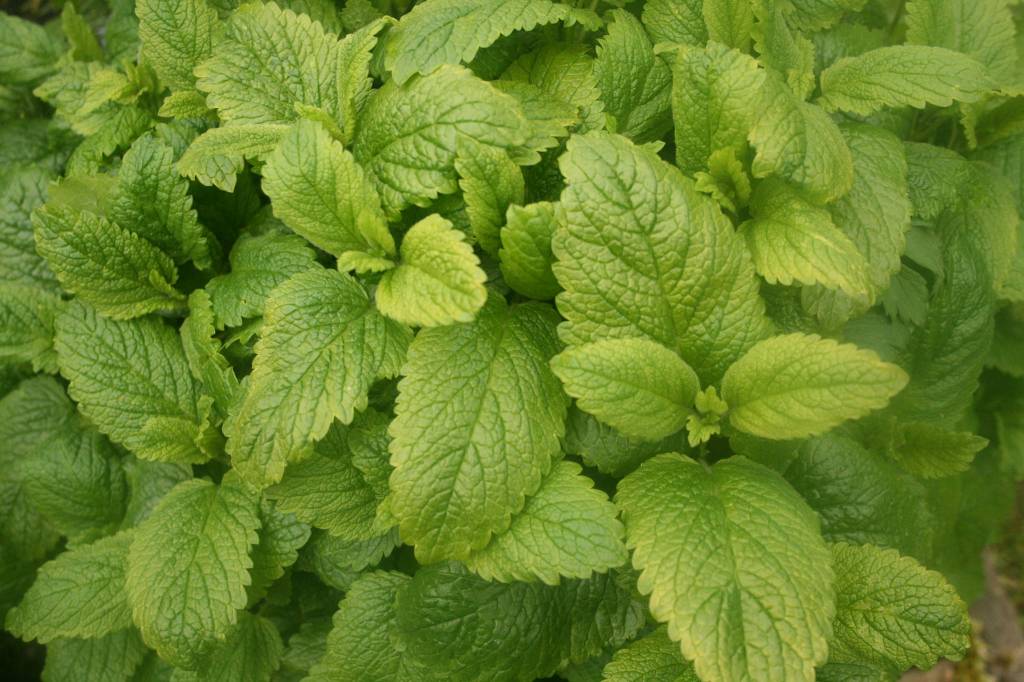
Lemon Balm Leaf
Lemon Balm is used for nervous agitation, dizziness, fevers, headaches, insomnia, hypertension, gas, menstrual cramps, menstrual cramps, mental clarity and concentration, painful urination, palpitations, nausea relief, hypothyroidism, and urinary spasms.

Red Clover Tops
Red clover is considered to be one of the richest sources of isoflavones, which are water-soluble chemicals that act like estrogens. Red Clover is used for hot flashes/flushes, PMS, breast enhancement and breast health as well as lowering cholesterol, improving urine production and improving circulation of the blood, to help prevent osteoporosis, reduce the possibility of blood clots and arterial plaques.

Ginkgo Biloba Leaf
Ginkgo acts to enhance oxygen utilization and thus improves memory, concentration, and other mental faculties. It also been shown to improve long-distance vision and may reverse damage to the retina of the eye. In treatment of depression in elderly people, may provide relief for headaches, sinusitis, vertigo, and tinnitus.
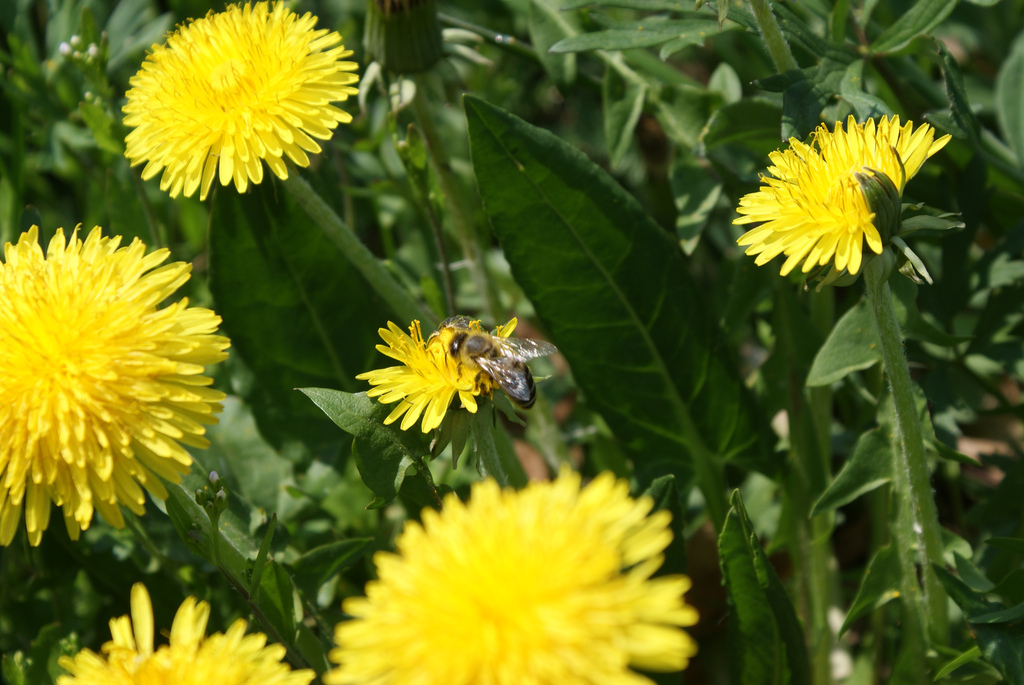
Dandelion Leaf
Dandelion leaf is highly effective for menstrual bloating, PMS, and the breast tenderness associated with water retention. Its gentle but effective diuretic qualities aid the kidneys in eliminating excess water held in the body during hormonal changes.
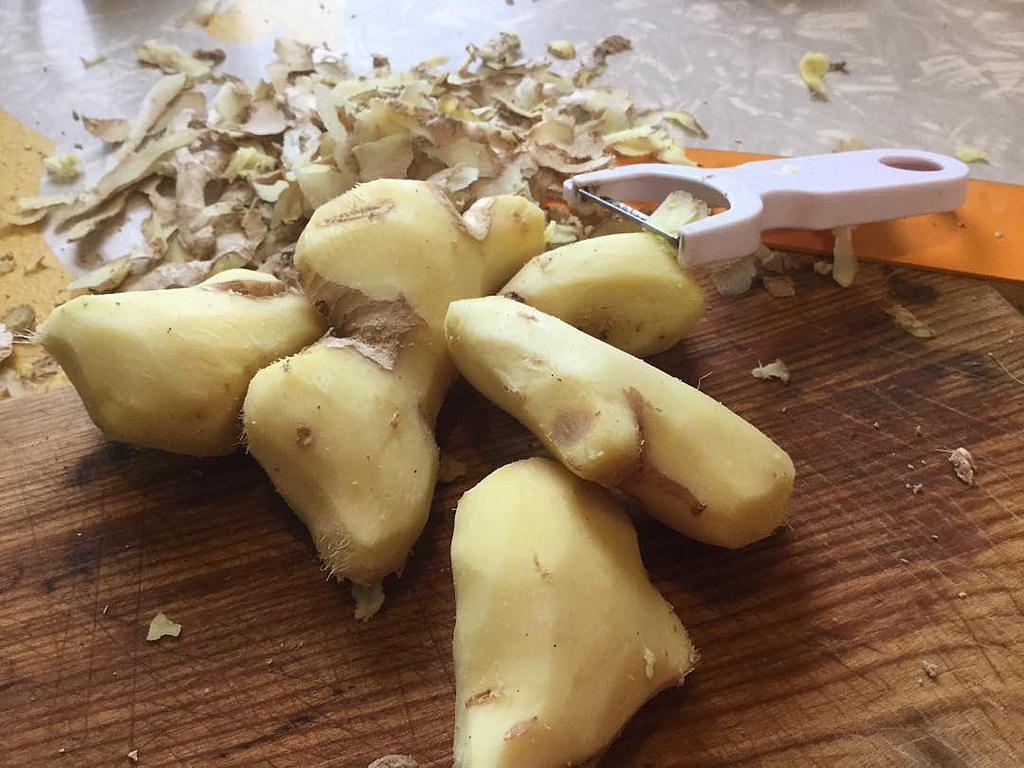
Ginger Root
Ginger root is well known as a remedy for travel sickness, nausea and indigestion and is used for wind, colic, irritable bowel, loss of appetite, chills, cold, flu, poor circulation, menstrual cramps, dyspepsia (bloating, heartburn, flatulence), indigestion and gastrointestinal problems such as gas and stomach cramps.

Nettle Leaf
Nettle (Stinging Nettles) will help with allergies, anemia, arthritis, bronchitis, bursitis, gingivitis, laryngitis, rhinitis, sinusitis, tendinitis, BPH, rheumatism and other inflammatory conditions, HBP, hair loss, excessive menstruation, hemorrhoids, eczema, gout, sciatica, neuralgia, hemorrhoids, Alzheimer’s disease, asthma, bladder infections, hives, kidney stones, multiple sclerosis, PMS, and sciatica.
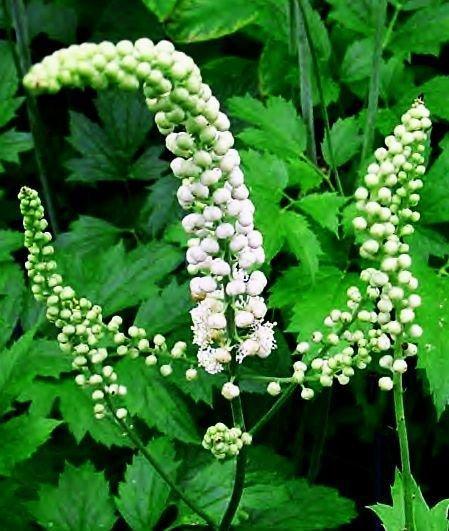
Black Cohosh Root
Use for hot flashes, irritability, mood swings, sleep disturbances, PMS , menstrual irregularities, and uterine spasms.
Black cohosh has an estrogen-like effect, and women who are pregnant or lactating should not use the herb. Large doses of this herb may cause abdominal pain, nausea, headaches, and dizziness. Women taking estrogen therapy should consult a physician before using black cohosh.
Large doses of black cohosh cause symptoms of poisoning, particularly nausea and dizziness, and can also provoke miscarriage.
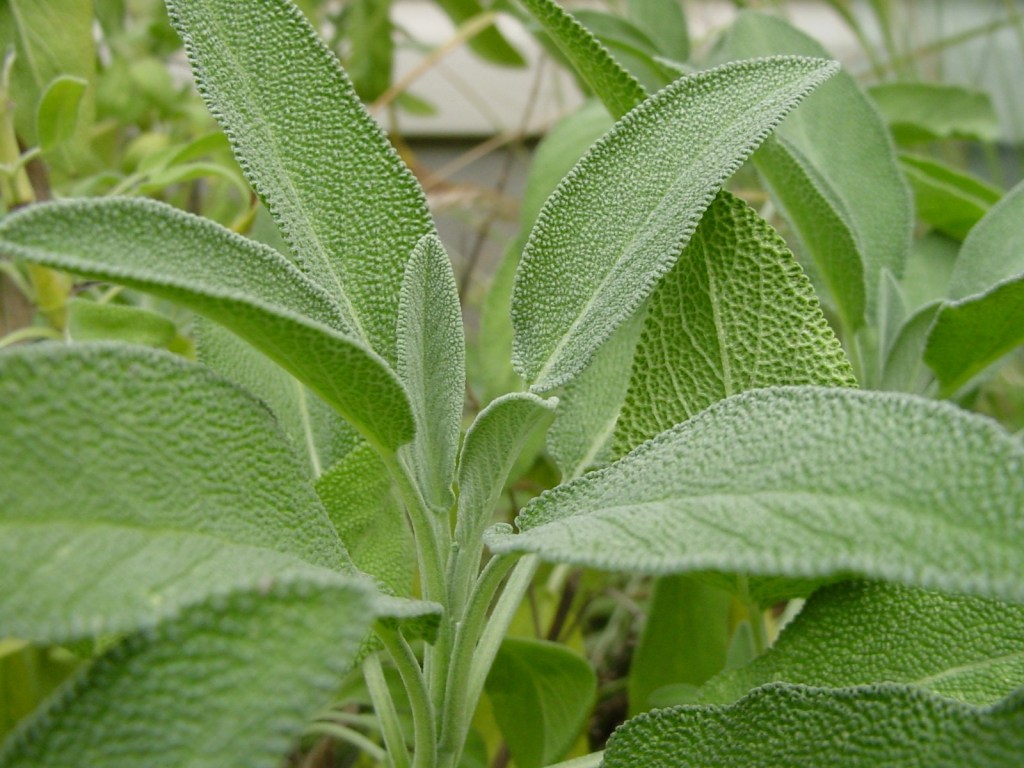
Sage Leaf
Use for hot flashes and night sweats, excessive menstrual bleeding and irregular periods, gas, nervous headaches, improving memory, indigestion, infected gums, lack of appetite, and inflammations of the mouth, tongue or throat.
Menopause Tea
This recipe is in parts, so you can make as much ahead of time as you wish. Example, one part can be a tablespoon, a cup, or an ounce.
- 1 part dried Lemon Balm leaf
- 1 part dried Red Clover Tops (flower, leaf, tender stem) or Flower
- 1 part dried Ginkgo Biloba leaf
- 1 part Dandelion leaf
- 1/3 part dried Ginger root chopped pieces
- 1 part dried Nettle leaf
- 1/3 part Black Cohosh* root
- 1 part Sage leaf
In a large bowl, blend the herbs completely. Store in a glass jar, label, and lid tightly.
Add 1 tablespoon to one cup boiling water. Steep for 15 minutes, remove herbs, and drink 1 – 3 times daily according to your needs. You may add lemon, honey, cinnamon, or Stevia, but never sugar.
*Do not use for more than 6 months.

